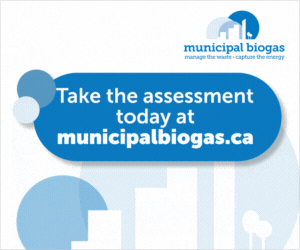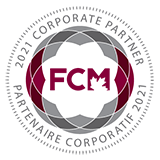The new Liberal platform has significant goals for spending on infrastructure. That's why The School of Public Policy took a hard look at the utility, effectiveness and best ways to spend funds on infrastructure. Three reports were released at a press conference on Parliament Hill by Prof. Jack Mintz, President's Fellow at The School of Public Policy at the University of Calgary. A theme that Mintz touched on early was the problematic term "infrastructure deficit". "That term assumes an optimal level of public infrastructure. That's putting the cart before the horse. The demand for infrastructure is infinite. So, without first defining the optimal level of infrastructure, we can't say there is a deficit," said Mintz.
The first report, written by Philip Bazel and Jack Mintz Optimal Public Infrastructure: Some guideposts to ensure we don't overspend, looks at how we spend on infrastructure. In brief, the report argues that funding for local infrastructure by central governments risks being inefficient, and that user-pay is the model that best ensures that infrastructure goes where it is needed, and is fairly and accountably funded.
An Exploration into the Municipal Capacity to Finance Capital Infrastructure by Almos Tassonyi & Brian W. Conger focuses on infrastructure spending in Alberta and Ontario to show that most infrastructure is used locally. National funding for local infrastructure creates the risk of non-accountable spending, and over-spending. Why should drivers in Hamilton pay for roads in Calgary?
Striking the Right Balance: Federal Infrastructure Transfer Programs, 2002-2015 by Bev Dahlby and Emily Jackson examines how, for better or worse, federal programs have become a permanent feature of fiscal federalism - and not a positive one. When Ottawa decides which local projects to fund, politics can come before utility. A better model is for Ottawa to provide block grants to provinces. This creates local decision making and accountability. Also, the political costs of taxation for Ottawa are lower than for local governments for the same infrastructure. That makes spending taxpayer funds for questionable projects easier - and that is not optimal.
The papers can be downloaded at http://www.policyschool.ucalgary.ca/?q=research






















